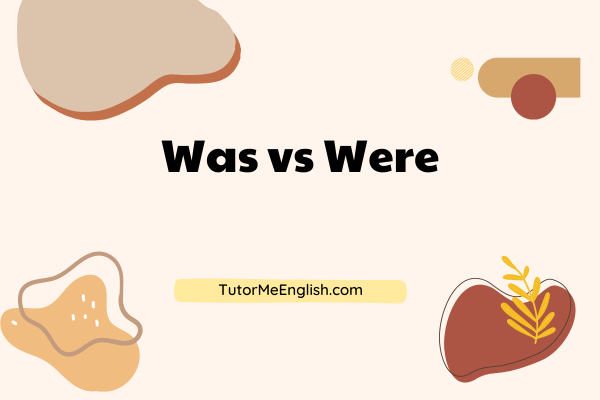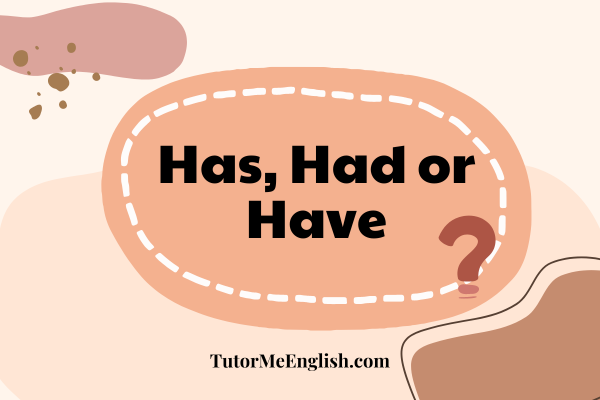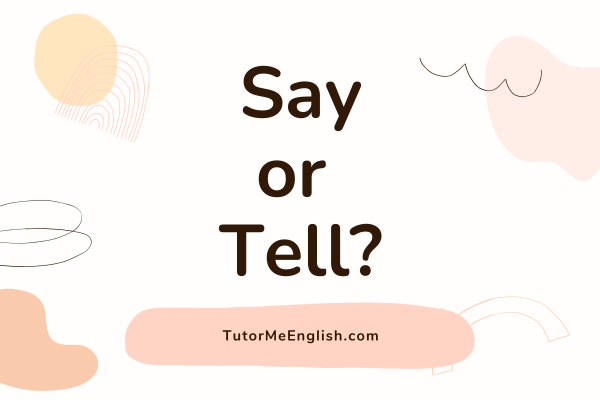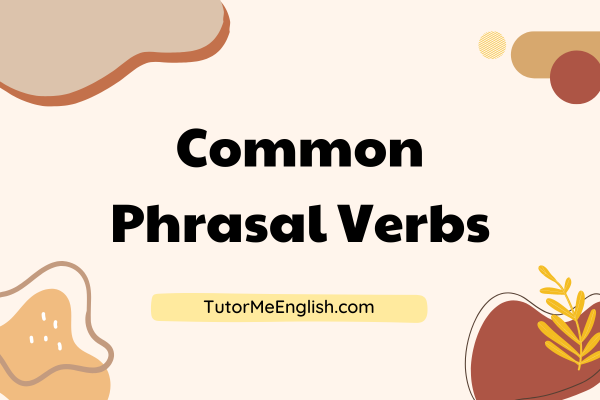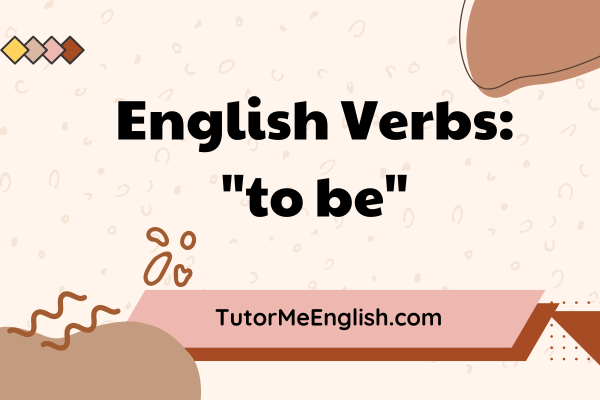Exploring the Past: The Use of Simple Past Tense
The past tense is an essential aspect of English grammar that allows us to talk about actions, events, or situations that occurred in the past. As a TEFL teacher, I understand the importance of grasping this fundamental concept for effective communication in English. In this article, we will delve into the basics of the past tense, explore its various forms, and learn how to construct sentences in this tense accurately.
Understanding the Basics
At its core, the past tense is used to describe actions that have already taken place. This usage allows us to recount events that happened in the past, making our language more precise and informative. These actions may have started and ended entirely in the past or might have had an impact on the present.
When Do We Use the Simple Past Tense?
The simple past tense is used for actions that were completed in the past. We use the simple past when the action started and finished in the past without any ongoing relevance to the present.
Examples:
- “I graduated in 2018.”
- “The dog peed on the carpet.”
- “I went to the movies on Saturday.”
Using the Simple Past in Dialogue:
Alicia: What did you do on Saturday?
Giovana: I went to the movies.
Alicia: Did you go alone?
Giovana: No. I took my favorite cousin with me.
Forming Questions in Simple Past:
When forming a question sentence in the simple past tense, the first verb in the sentence is changed to the past tense, while the helping verbs may or may not remain unchanged, as they add more detail to your sentences.
Examples:
- What did you do?
- Who did you see?
- Where did you go?
- When did you leave?
- Why did you say that?
- How did you feel?
Formation of Regular Verbs in Simple Past:
For regular verbs, the past tense is formed by adding “-ed” to the base verb.
Examples:
- Played
- Watched
We explained ‘ed’ pronunciation here: Mastering The Ending ‘Ed’ Sounds: A Guide To Fluent Pronunciation
Formation of Irregular Verbs in Simple Past:
Irregular verbs have specific past tense forms that do not follow the regular “-ed” pattern.
Examples:
- Went
- Ate
Read: 50 of the most common irregular verbs in English
Practice Makes Perfect
Mastering the past tense is essential for effective communication in English. Regular practice of constructing sentences in different past tense forms will enhance your language skills and enable you to express yourself fluently when discussing past events.
As you progress in your English language journey, keep in mind that understanding and using the past tense correctly will unlock a world of opportunities for expressing your thoughts, sharing stories, and connecting with others on a deeper level. So, embrace the past tense, practice diligently, and soon you’ll be weaving tales of your own experiences with ease and confidence. Happy learning!

